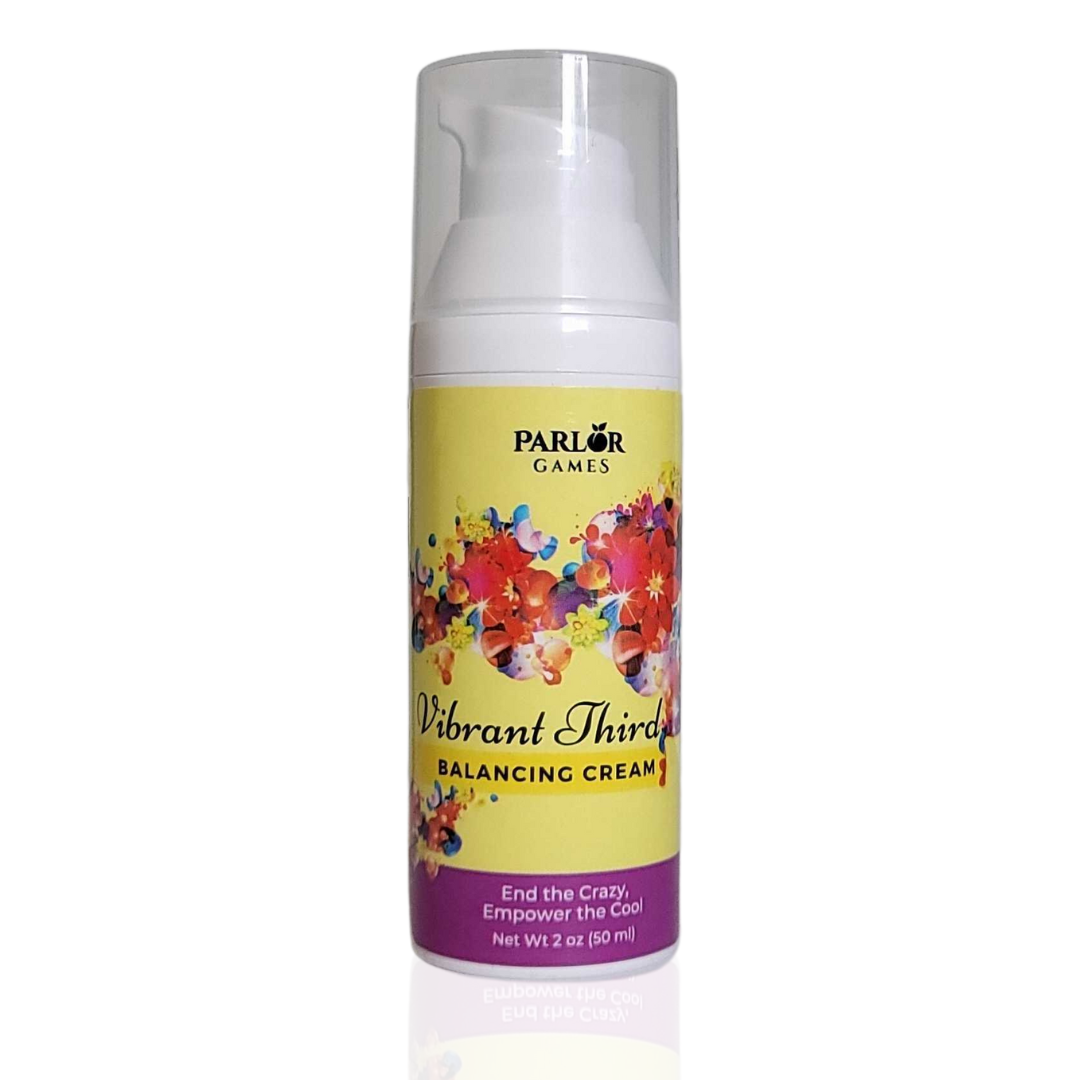Navigating Menopause: Finding the Best Progesterone Cream for Your Symptoms
Menopause is a natural phase in every woman's life that marks the end of her menstrual cycles. It usually occurs in her 40s or 50s, and with it comes a variety of symptoms due to hormonal fluctuations, particularly a decrease in estrogen and progesterone levels. One common way to alleviate these symptoms is by using progesterone cream. However, finding the right progesterone cream for your specific needs can be overwhelming with the numerous options available in the market. This article aims to help you navigate through the process of finding the best progesterone cream for your menopausal symptoms.
Understanding Menopause and Progesterone
Before diving into the different progesterone cream options, it's important to understand the role of progesterone in menopause. Progesterone is a hormone produced by the ovaries that plays a crucial role in regulating the menstrual cycle and preparing the uterus for pregnancy. During menopause, progesterone levels decline, causing hormonal imbalances that lead to various symptoms such as hot flashes, night sweats, mood swings, and more.
Benefits of Progesterone Cream
Progesterone cream can help alleviate menopausal symptoms by restoring hormonal balance in the body. Some of the benefits of using progesterone cream include:
- Reducing hot flashes and night sweats
- Improving mood swings and irritability
- Promoting better sleep quality
- Supporting bone health
- Regulating menstrual cycles
Types of Progesterone Cream
When looking for a progesterone cream, you'll come across two main types: synthetic progesterone (progestins) and natural progesterone. It's important to understand the differences between the two to make an informed choice.
Synthetic Progesterone (Progestins)
Synthetic progesterone, also known as progestins, is a man-made version of progesterone. While progestins can effectively alleviate menopausal symptoms, they may come with more side effects compared to natural progesterone. Common synthetic progesterone creams include:
- Medroxyprogesterone acetate
- Norethindrone acetate
- Progestin-containing intrauterine devices (IUDs)
Natural Progesterone
Natural progesterone is derived from plants and has a molecular structure that is identical to the progesterone produced by the human body. Many women prefer natural progesterone cream due to its bioidentical nature and fewer side effects. Some popular natural progesterone cream brands include:
- Emerita Pro-Gest
- Now Solutions Progesterone Cream
- Life-Flo Progesta-Care
Choosing the Best Progesterone Cream
When selecting a progesterone cream for your menopausal symptoms, consider the following factors to ensure you find the best option for your needs:
Ingredients
- Look for creams made with natural progesterone from plant sources for a bioidentical option.
- Avoid creams with parabens, artificial colors, fragrances, or other potentially harmful additives.
Progesterone Strength
- Choose a cream with the appropriate progesterone strength based on your symptoms and hormonal needs.
- Consult with a healthcare provider to determine the right dosage for you.
Application Method
- Consider whether you prefer a cream, gel, or oil formulation for easy application.
- Ensure the product comes with clear instructions on how to apply the cream correctly.
Brand Reputation
- Research different progesterone cream brands and read reviews from other menopausal women to gauge their effectiveness.
- Choose reputable brands known for their quality and purity standards.
Tips for Using Progesterone Cream
Once you've selected the best progesterone cream for your menopausal symptoms, here are some tips for optimal use:
- Follow the recommended dosage and application instructions provided by the manufacturer or your healthcare provider.
- Apply the cream to different areas of your body, such as the inner arms, thighs, or abdomen, to avoid skin irritation.
- Rotate application sites with each use to prevent skin sensitization or buildup of the cream.
- Monitor your symptoms and hormone levels regularly to assess the cream's effectiveness and adjust the dosage if needed.
- Consult with your healthcare provider if you experience any adverse reactions or persistent symptoms while using the cream.
Consultation with a Healthcare Provider
Before starting any progesterone cream or hormone replacement therapy, it's crucial to consult with a healthcare provider, particularly a menopause specialist or gynecologist. They can assess your symptoms, hormone levels, and overall health to recommend the most suitable progesterone cream for your specific needs. Additionally, a healthcare provider can monitor your progress, make dosage adjustments as necessary, and address any concerns or side effects that may arise during treatment.
